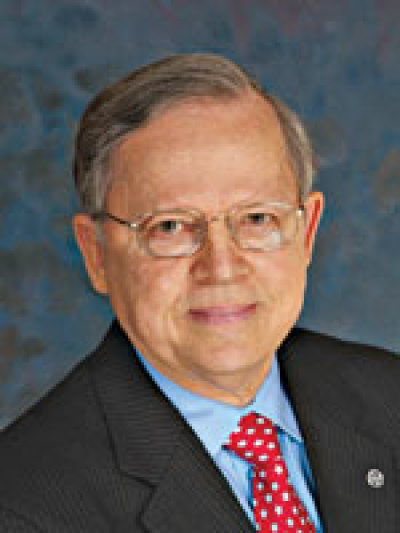All Churches With Employee Parking Hit by New Tax, Additional Filing Requirements

Churches and other historically tax-exempt organizations will now have to file federal and likely state income tax returns according to a recently unearthed provision in the newly instituted Tax Cuts and Jobs Act that applies the federal income tax to parking benefits. Hundreds of organizations are now calling for its repeal.
"Tax practitioners who have evaluated Section 512(a) (7) generally believe that the result of this new provision is that tax‐exempt organizations that provide parking to their employees will be subject to unrelated business income tax on the cost of the parking provided. A nonprofit organization that simply allows its employees to park in a parking lot or garage that is part of the organization's facilities will be subject to a tax on the cost of the parking provided," the Evangelical Council for Financial Accountability explained in position statement included in a petition seeking to repeal the provision.
"Because of this new tax, many tax‐exempt employers, including churches, hospitals, charities, and schools will be required to file federal Form 990‐T, and in many cases, state corporate income returns, every year regardless of whether they actually engage in any unrelated business activity. This new tax was purportedly added to the law to put tax‐exempt employers on the same footing as taxable employers with respect to employer‐provided parking," the statement added.

As of noon Tuesday, nearly 1,000 organizations had signed onto the petition calling for a "repeal of this new burdensome provision" which many churches contacted by The Christian Post Tuesday said they knew nothing about and insisted would not apply to them.
"If we have a parking lot and there is no cost associated with that for the employees then this wouldn't apply to us," Ted Voltmer, executive pastor of Jacksonville Chapel in New Jersey told CP.
"If we were an urban church and employees had to pay for parking on the street or in a parking lot or something then that would probably apply but there is no cost to park for the employees. That's my interpretation," he said after the details of the provision were read to him.
Dan Busby, ECFA president told CP he wasn't surprised churches are either confused or in the dark about the provision because tax professionals only recently encountered it.
"I'm not surprised you find that churches don't understand this issue. It's only been in recent weeks that even tax professionals have dug this provision out of the law and we've begun to understand the implications of it, and so today I doubt if one percent of the churches in America understand that this provision was even put in the law," Busby said.
He said, however, that the law will apply to all churches that provide parking for their employees regardless of whether the employee is charged for parking or not.
"If they are providing a place for their employees to park it's a universal problem," Busby said.
He also explained that this new provision will not just be a financial burden on churches but an administrative nightmare.
"Working in the church world most of my career, my guess is that prior to this provision, there's probably only one or two percent of churches in America that file form 990-T so we're really talking about two issues," explained Busby.
"We're talking about a financial issue. We're gonna have to pay a tax on providing employee parking and 2 – which may be more important – is the administrative piece of this. To file a return with which they are not familiar. If you can imagine, small churches across America have to file a form 990-T that they've never even heard of. And probably they're gonna need to secure professional advice and pay a professional to file the return, even though the money may not be a significant amount, it's just a ridiculous provision that was put in the law," he said.
Galen Carey, vice president of government relations at the National Association of Evangelicals, agreed with Busby in a Politico report.
"There's going to be huge headaches," he said. "The cost of compliance, especially for churches that have small staffs or maybe volunteer accountants and bookkeepers — we don't need this kind of hassle."
The Jewish Federations of North America which is looking at a new $75,000 tax bill this year because of the provision said many people were caught off-guard by it.
"A lot of people are just finding out about it and the more people find out about it, the more pressure there will be on Treasury and Congress to either delay implementation or consider changing this," Steven Woolf, senior tax policy counsel for the group, told Politico.
According to the publication, most benefits affected by the new provision are transportation-related. It will also affect meals provided to workers and in some cases gym memberships.





























